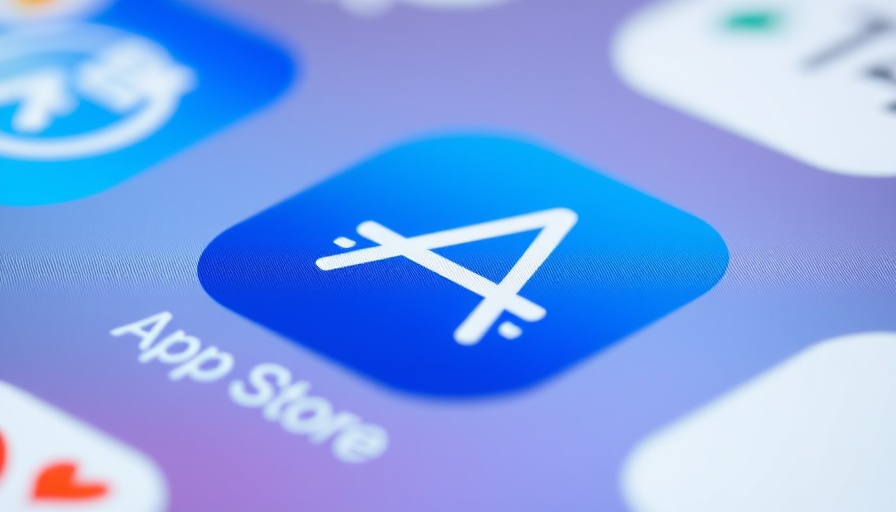
Epic Games and Spotify Challenge Apple’s App Store Policies
In a significant move that could reshape the mobile app landscape, Epic Games and Spotify have submitted updated versions of their apps to the Apple App Store, marking a test of new policies implemented by Apple. This comes in the wake of a legal confrontation that has highlighted longstanding grievances against Apple's monopolistic practices.
The Return of Fortnite: A Game Changer
For Epic Games, the submission of a new version of Fortnite could signal the game's return to Apple's ecosystem after being ousted in 2020. The ban was implemented when Epic integrated a direct payment option within the game, circumventing Apple's payment mechanisms. This act sparked a high-profile lawsuit that accused Apple of antitrust violations. The updated App Store policies may offer a lifeline not just for Epic Games but also for users who have missed the wildly popular title.
Spotify’s Audiobook Ambitions: A New Revenue Stream
Similarly, Spotify is seizing the opportunity to enhance its service by allowing users to purchase audiobooks directly through its app. Previously restricted by Apple’s hefty commissions on in-app purchases, this new feature could open new revenue channels, signaling a shift in how digital content is consumed. Spotify has also recently gained Apple’s approval to display subscription pricing directly in the app, which demonstrates an encouraging trend for competition and transparency.
Background: A Legal Tug-of-War
These developments come after Apple faced legal repercussions following a federal judge's ruling in favor of Epic Games. The judge ordered Apple to support the integration of alternative payment processes, thus challenging the tech giant's long-held grip on in-app monetization. This ruling emphasized the need for Apple to align its practices with market competition.
Implications for Smaller Developers: A Double-Edged Sword
While larger companies like Epic and Spotify celebrate these policy changes, smaller developers may find mixed blessings in this landscape. The easing of regulations might allow more innovation and opportunities, but the true question remains whether the changes will be substantial enough to promote an even playing field for all players. The ability to link to external payment methods could potentially favor larger entities with existing user bases, while leaving smaller developers struggling to penetrate the market.
Future Predictions: What Lies Ahead
As other developers observe Epic Games and Spotify's maneuvers, a wave of applications might soon flood the App Store that embrace these new rules. The implications for mobile gaming and content streaming could be significant, possibly leading to lower prices for consumers and more options across platforms. However, Apple’s remaining influence could mean lingering challenges in achieving a fully open ecosystem.
The Bottom Line: An Evolving App Landscape
This critical moment marks both a challenge and an opportunity for the tech industry. With the App Store evolving, it raises questions about the future role of major platforms, the fairness of competition, and the potential for enhanced consumer experiences. As Epic Games and Spotify navigate these tumultuous waters, the impact on the broader tech community remains to be seen.
 Add Row
Add Row  Add
Add 



Write A Comment